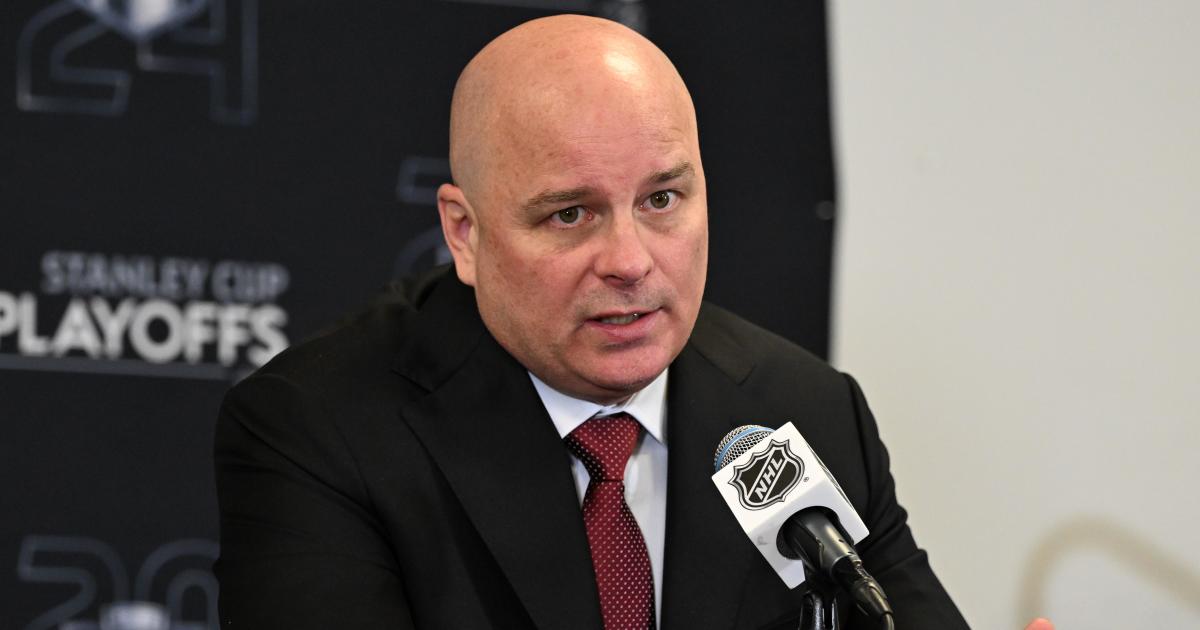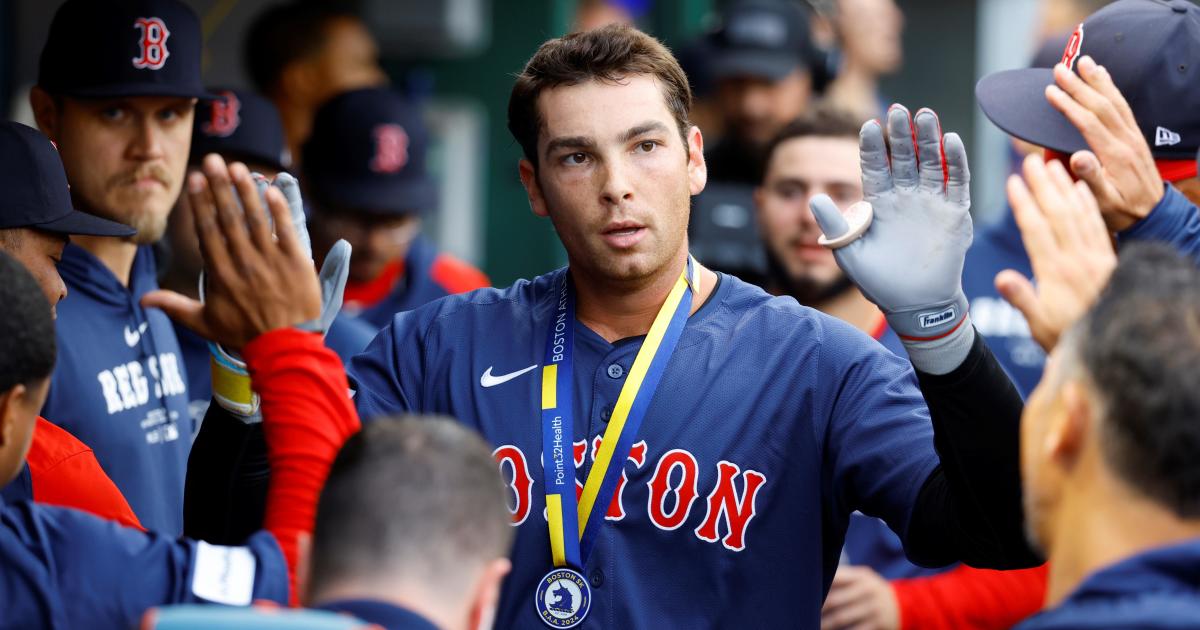Stephen Curry Joins Tom Brady In Rarefied Air As Unanimous MVPs
By Michael Hurley, CBS Boston
BOSTON (CBS) -- It just may be the golden era of sports.
Of course, everyone always says the good old days of yesteryear are when sports were at their best, when men were men, when the true greats graced us with their presence.
But, again, we may just be seeing the best of all time right now.
There are many ways to measure that kind of assessment, but Stephen Curry being named the NBA's first-ever unanimous MVP on Tuesday does bring to mind the fact that the same accomplishment just happened in the NFL in 2010 with none other than Tom Brady.
It's just crazy, really, to think that you can make a list of Michael Jordan, Wilt Chamberlain, Larry Bird, Bill Russell, LeBron James, Magic Johnson, Kareem Abdul-Jabbar, Oscar Robertson, Shaquille O'Neal, Julius Erving, Allen Iverson and Kobe Bryant, and you can't find a unanimous MVP among them.
Likewise, it's wild to think that of Lawrence Taylor, Peyton Manning, Joe Montana, Jerry Rice, Jim Brown, Dick Butkus, Walter Payton, Johnny Unitas, John Elway, Reggie White, and Barry Sanders, none of them can put "Unanimous NFL MVP" on their resumes.
(Interestingly, despite baseball writers' insistence on being the most important people in the world and thus not electing anybody into the Hall of Fame unanimously, there have been 17 unanimous MVPs in baseball history. They include some of the greatest players of all time, and they also include Jose Canseco and Ken Caminiti. So it's a flawed situation over there in baseball land.)
Of course, it's far from a scientific measure to say that winning a unanimous MVP award means being the greatest. Manning has won five NFL MVPs. Kareem's won six in the NBA, while Jordan and Russell have won five. LeBron -- who's been dominating the NBA since Curry's days at Davidson -- has won four himself. In terms of sheer quantity, there are plenty of great players in history who can claim to be better than Curry in terms of all-time rankings, and there are arguments to be made about a handful who might be better than Brady.
Yet there's something to be said about being so wholly dominant, so much in complete control of an entire league, that not even one person voting for the MVP can even consider anybody else. That's what Brady did in 2010, and that's what Curry just did.
Curry did it by sinking 402 shots from 3-point range, absolutely obliterating his own record of 286, which he set last year. Curry's teammate, Klay Thompson, ranks third all time for his 276 3's this year, followed by Curry's 272 3's from three seasons ago. Ray Allen's 269 from 2005-06 and Dennis Scott's 267 from 1995-96 are so far in the rear-view mirror that they're not even worth acknowledging anymore. Steph Curry has changed the game.
In that sense, Curry's probably more akin to the NHL's only unanimous MVP, Wayne Gretzky. The Great One garnered all 63 first-place votes for the Hart Trophy after the 1981-82 season, when he compiled staggering statistics: 92 goals and 120 assists for 212 points. He'd actually outdo himself with 215 points in 1985-86, but Mario Lemieux, Paul Coffey and John Vanbiesbrouck all snagged at least one first-place vote.
Still, Brady's 2010 season was nothing to shake a stick at. Despite unleashing nearly 500 passes, he threw just four interceptions. That was complemented by 36 touchdowns and exactly 3,900 yards on 65.9 percent passing. While passing statistics have been skewed greatly in recent years, consider that when Manning set the touchdown and yardage records in 2013, it wasn't enough to get the unanimous win (Brady garnered one first-place vote).
Again, arguments can be made that other players throughout history deserved to have a unanimous MVP victory to their name. (LeBron James might tend to agree.) But there's a difference between deserving and doing. Brady -- and now Curry -- have done it.



